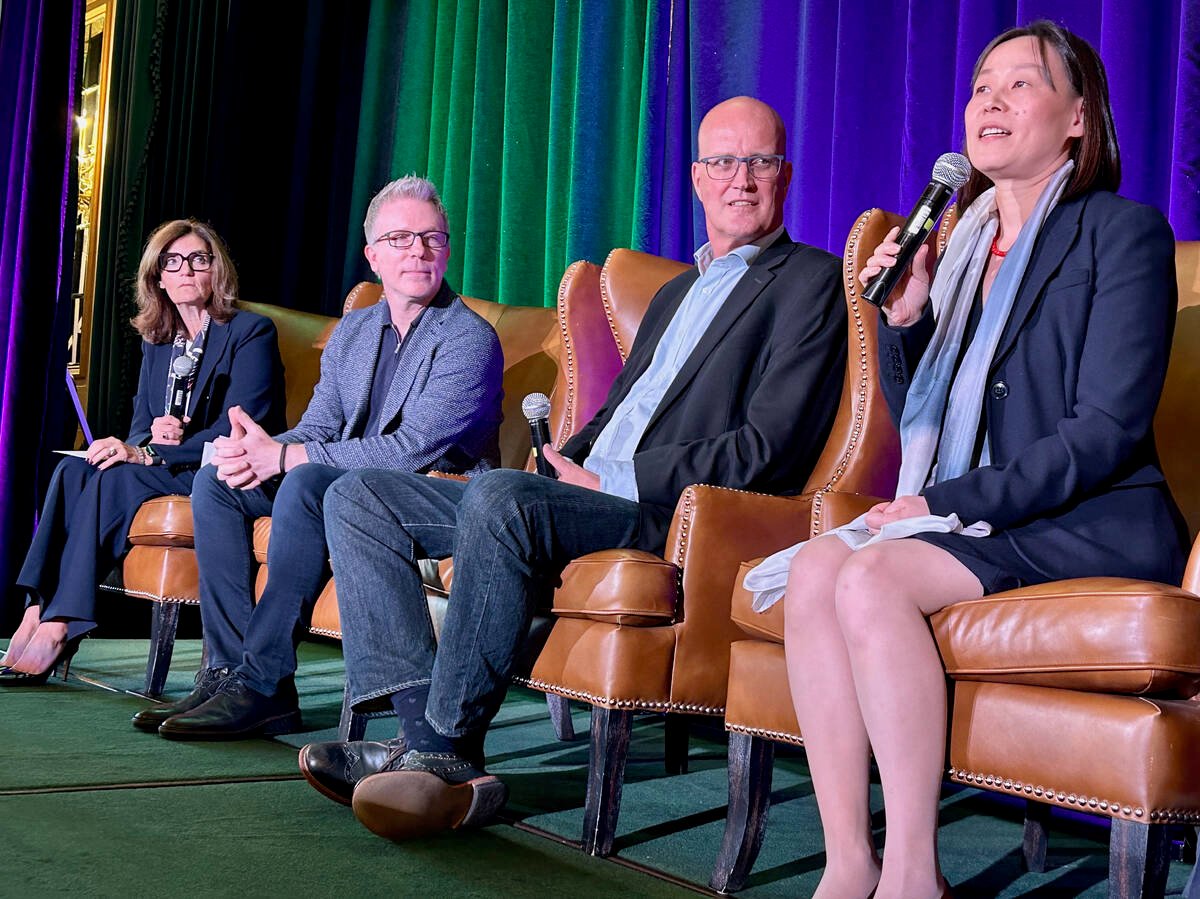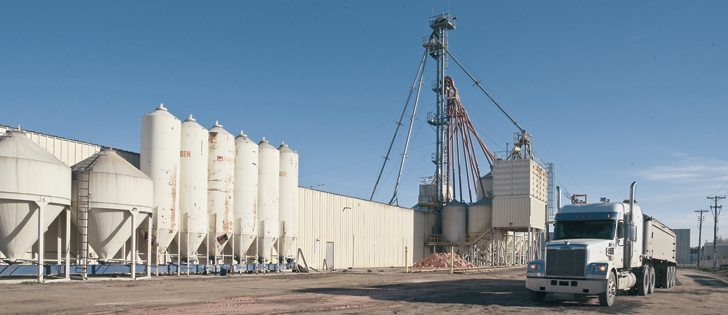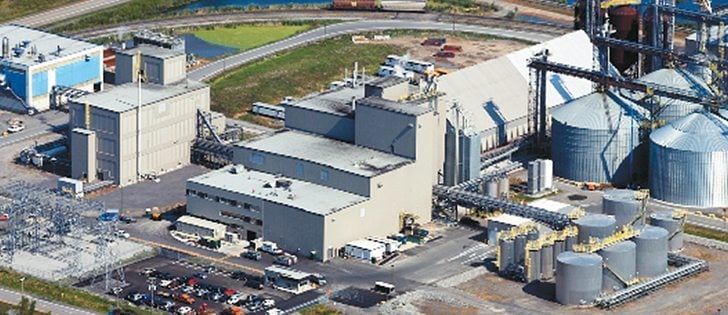Growers should be happy that ChemChina is acquiring Syngenta instead of Monsanto, says Syngenta’s chief operating officer.
“What is particularly pleasing about this particular outcome, from my point of view, is that it helps to preserve choice for growers at a time when in our industry we’re seeing a lot of consolidation,” Davor Pisk told reporters during a conference call.
Syngenta’s board of directors has unanimously approved ChemChina’s cash offer valued at more than US$43 billion to acquire 100 percent of Syngenta’s shares.
The transaction requires approval by two-thirds of Syngenta’s shareholders. It also requires regulatory approval. Pisk expects the deal to close before the end of 2016.
Read Also

New program aims to support plant-based exports to Asia
Understanding the preferences of consumers in Taiwan and how they differ from Indonesia or Malaysia isn’t easy for a small company in Saskatchewan.
ChemChina is the largest chemical corporation in China. The state-owned firm generated $45 billion of sales in 2015 and ranks 265th on the Fortune 500.
Monsanto had been in discussions with Syngenta for a share and cash offer worth $47 billion. However, Pisk said its competitor did not table a formal offer.
“With a merger between Monsanto and Syngenta we would have had one less player in an industry that is already now getting further concentrated following the Dow and DuPont announcement,” he said.
Dow and DuPont announced in December they were merging to form DowDuPont with a combined value of $130 billion.
Pisk said a takeover by Monsanto would have resulted in “cost synergies,” which means job losses and streamlined product offerings.
There were also financial reasons the ChemChina offer was more appealing. It was an all cash offer compared to Monsanto’s share and cash proposal. He pointed out Monsanto’s share price has decreased 25 to 30 percent since the discussions took place.
Lastly, there is little overlap between the asset portfolios of Syngenta and ChemChina compared to significant overlap with Monsanto.
“What we were certainly concerned about with any potential offer from Monsanto were the regulatory clearances that would be required, which would be quite significant challenges,” he said.
Syngenta will continue to operate as a stand-alone company based out of Switzerland.
The existing management will continue to run the company. Four members of Syngenta’s existing board of directors will sit on the new 10-member board chaired by Ren Jianxin, who is also chair of ChemChina.
There will be minimal disruption to Syngenta’s existing operations, including continuing to spend between nine and 10 percent of annual revenues on research and development.
“One area that we’ve been very clear on is that the future of Syngenta will require a commitment to maintaining levels of research and development spending in line with what we have today,” said Pisk.
The deal will enable further expansion of Syngenta’s presence in emerging markets, specifically China.
Pisk was asked if the new association with ChemChina will improve the company’s ability to get its genetically modified crops through China’s cumbersome and complicated regulatory system.
He said it wouldn’t expedite the process, but it may provide a better opportunity to discuss the system with Chinese officials.
“Maybe we can understand the issues better than we could if we were completely on the outside looking in,” said Pisk.
“We can be more effective at getting our point of view across and on influencing as well over the long-term.”
Contact sean.pratt@producer.com

















